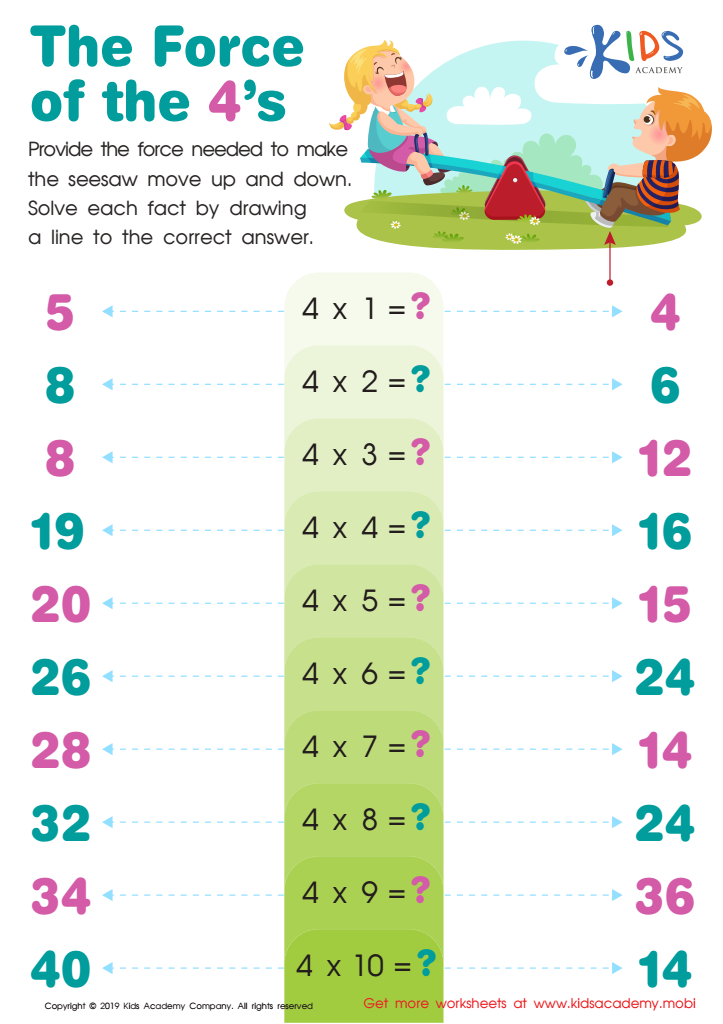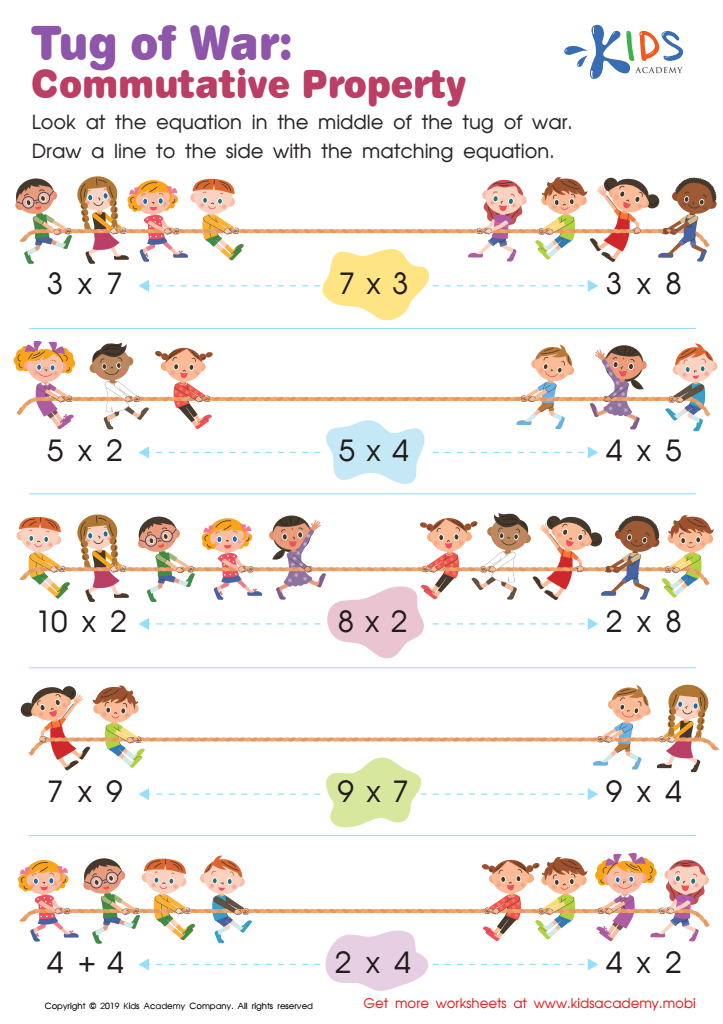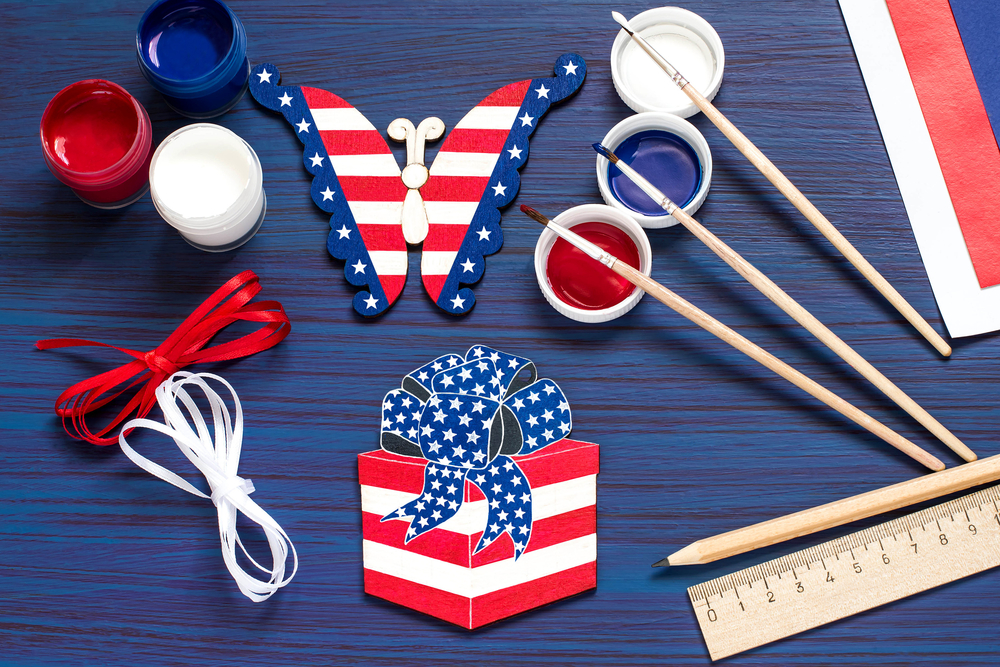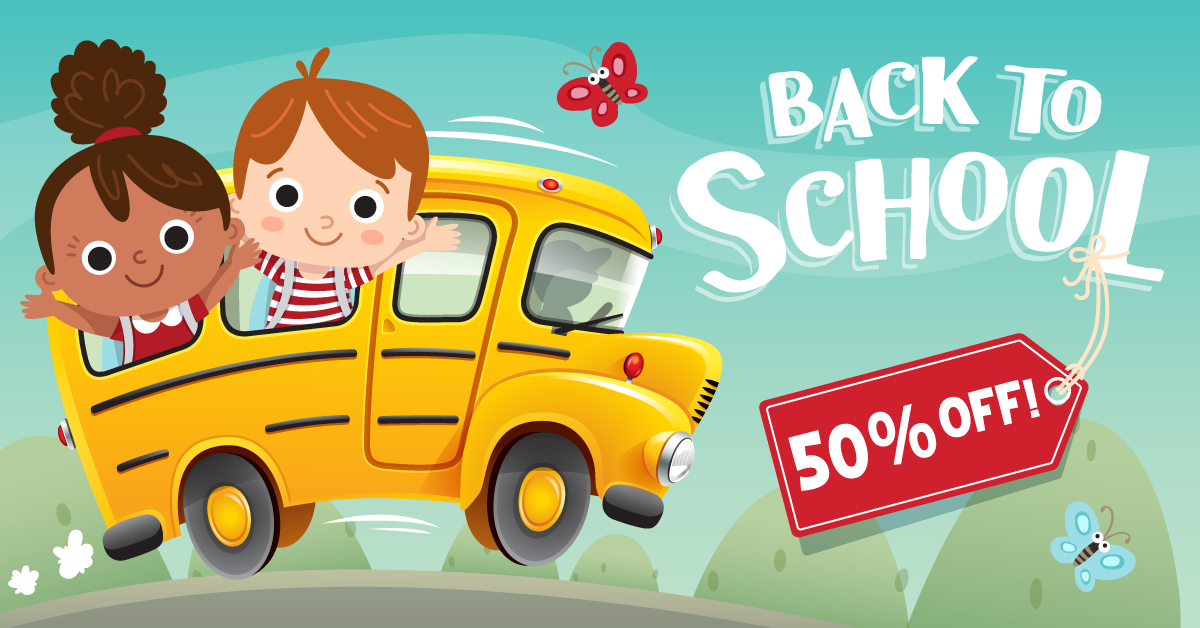Easy Sorting worksheets activities for 9-Year-Olds
2 filtered results
-
From - To
Unlock the Joy of Learning with Our Easy Sorting Worksheets Activities!
Dive into the world of fun and engaging learning with our Easy Sorting Worksheets Activities! Perfectly tailored for young learners, these worksheets are designed to enhance cognitive skills, improve critical thinking, and foster a deep understanding of categorization concepts. Through a variety of interactive and thoughtfully crafted tasks, children will enjoy sorting items by size, color, shape, and more, turning complex learning objectives into playful experiences. Ideal for classroom use or at-home learning, our Easy Sorting Worksheets Activities promise a delightful journey into the fundamentals of sorting, ensuring a solid foundation for future academic success. Embrace the joy of learning today!


The Force of the 4's Worksheet


Tug of War: Commutative Property Worksheet
Easy Sorting worksheets activities are an incredibly useful tool in both educational settings and home learning environments. These activities not only serve as an engaging way for children to practice and develop their cognitive skills but also play a pivotal role in laying the foundational stones for mathematical and logical reasoning.
Firstly, Easy Sorting worksheets activities facilitate the development of classification skills. By engaging in sorting activities, children learn to categorize objects based on specific attributes such as color, shape, size, or type. This not only enhances their observational skills but also encourages them to think critically about characteristics and properties of different items. Such skills are essential, as they form the basis for scientific thinking, mathematical concepts, and even everyday decision-making.
Moreover, these worksheets are designed to be accessible and enjoyable. The simplicity of Easy Sorting worksheets ensures that children are not overwhelmed but instead find the learning process to be a fun and rewarding experience. This positive association with learning helps to foster a love for education from a young age, promoting lifelong learning habits.
Easy Sorting worksheets activities also significantly contribute to the development of fine motor skills. As children pick up, move, and place objects based on the sorting criteria, they refine their hand-eye coordination and dexterity. These motor skills are crucial for writing, drawing, and performing other day-to-day tasks.
In addition to these benefits, Easy Sorting worksheets provide a structured yet flexible learning tool. Educators and parents can tailor the difficulty level and theme of the sorting activities to match the child's interest and developmental stage. This customization ensures that the learning experience remains relevant and challenging enough to promote growth without causing frustration.
In conclusion, Easy Sorting worksheets activities are an essential component of early childhood education. They not only facilitate cognitive development and fine motor skills but also instill a sense of curiosity and enjoyment in the learning process. Whether in the classroom or at home, these activities offer a simple yet effective way to prepare children for more complex concepts in the future.
 Assign to My Students
Assign to My Students




















